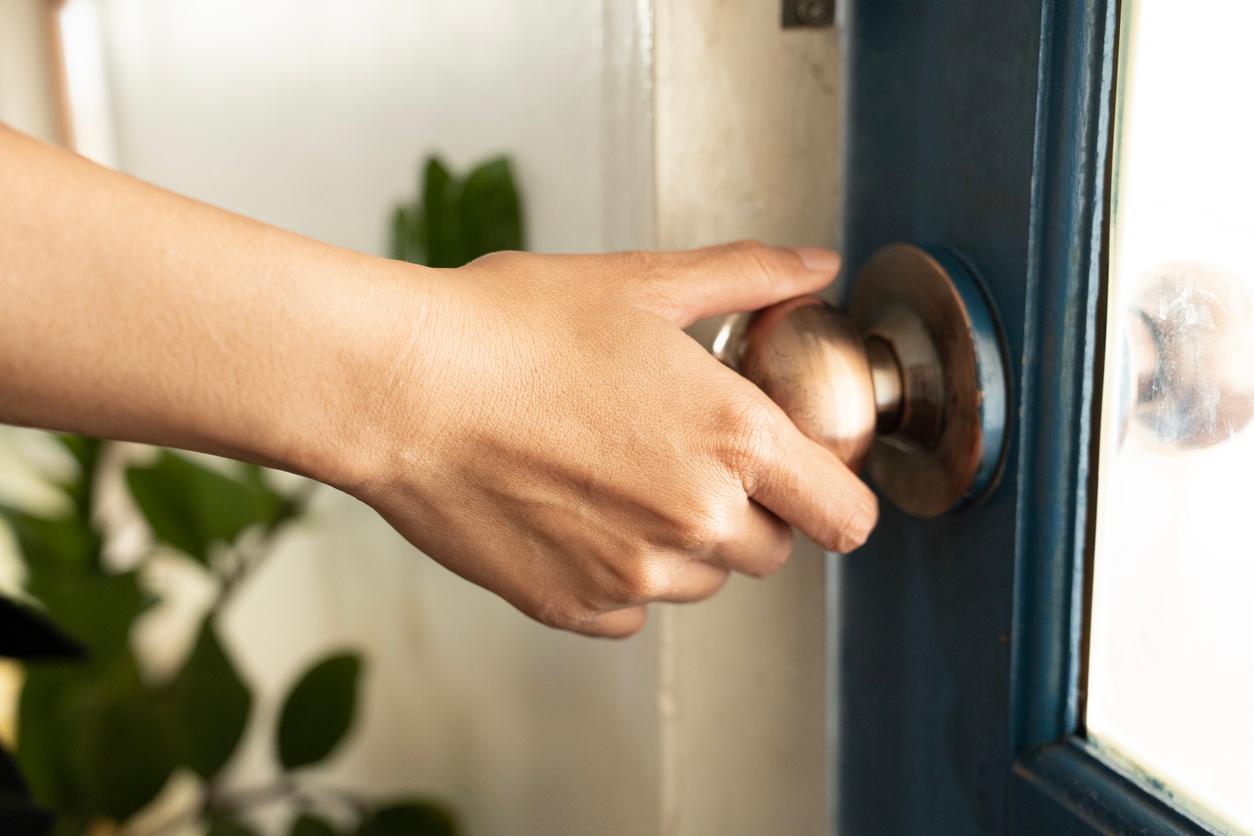From Dry Weather to the Synthetic Materials, Here's Why You Keep Getting Shocked
It's not all in your head — you might be unintentionally doing something or wearing materials that make you more susceptible to being shocked.
Published July 1 2024, 2:27 p.m. ET

It's not just your charismatic personality and electric presence in social situations — you may be unwittingly living a lifestyle that contributes to literal static shocks when you touch certain materials.
Although some strategies anecdotally might help reduce the number of static shocks you experience, it may very well be the shoes on your feet or the clothes on your back that contribute to the shocking jolt you feel when you touch certain things.
Before you resign yourself to wearing bulky gloves in order to avoid getting shocked, keep reading to learn why you keep getting shocked and what precautions you can take to limit the frequency of static shocks you endure in the future.
Try to stop dragging your feet when you walk before touching objects.

According to the Nemours KidsHealth resource, static electricity is generated when the number of electrons and protons aren't balanced. Therefore, when you're carrying extra electrons (which are negatively charged) and you physically interact with an object or person without an equivalent number of protons, the small jolt of energy you feel is the result of that imbalance.
How, then, does that translate to everyday life?
Per Nemours KidsHealth, when you drag your feet as you walk, especially on a carpet, you receive an excess of electrons. Those electrons are eager to transfer from you to an object with a positive charge. When you touch a metal doorknob, aka a conductor, the electrons make their way from you to the positively charged object, thus generating a tiny jolt of energy.
Drier air makes static shocks more likely.

Whether you're living in a hot, dry climate in the summer (like, say, Las Vegas) or an environment that gets extremely dry during the summer months, this lack of moisture in the air contributes to static shocks. If you have ever woken up in a dry room with a stuffy, irritated nose and scratchy throat after sleeping all night in front of a fan, you'll know what I'm talking about.
As Smart Fog explains, low humidity means electrostatic discharge, aka static shocks, are more likely. Without much water moisture to act as a conductor and allow electricity to move freely through the air, the accumulation of electricitymeans a static shock is just waiting to happen.
Synthetic materials are more prone to static cling and shocks.

As Hubei Decon Polyester Co., expertly explains it, "the inherent high insulation and hydrophobicity of these polymer materials make them highly susceptible to static electricity generation and accumulation."
Translation: the polyester-based exercise clothes in your closet are not only fast fashion, but they're also causing the clothes in your dryer to stick together and increase the likelihood you will generate static shock when you touch objects throughout the day.
Friction is a huge culprit for static shocks.

Static shocks are generally unavoidable in our everyday lives. Unfortunately, as the England-based University of Birmingham explains, simply sitting in a chair or on the couch and getting up may leave you prone to getting shocked.
This is because friction is generated between the couch and your body while you're sitting, and it remains stable until you move about and get up, resulting in a shock. Thankfully, per the university, these minor shocks don't pose much of a health risk.

How can I stop getting static shocks?
Per the University of Birmingham, you are less likely to be shocked in a living space with your bare feet. If you're in a public space or work office, wearing clothes made from natural materials like organic cotton is an excellent option. Wearing shoes made from natural materials are also a big help.
Ultimately, static shocks are lessened through the moisture you add to the air, the less friction you generate, and by removing as many synthetic materials as possible.